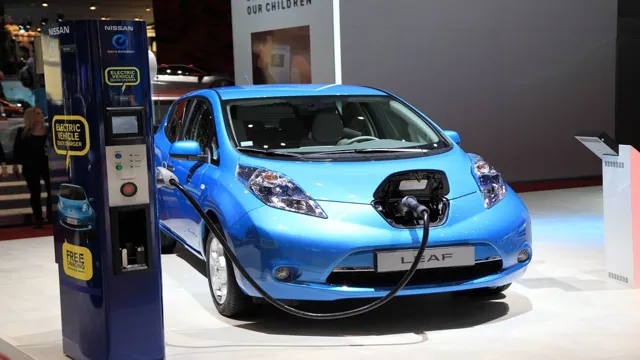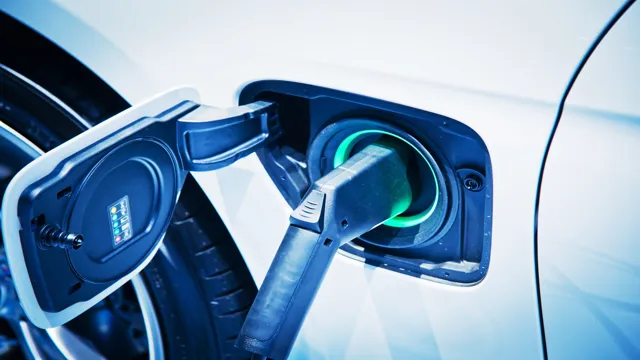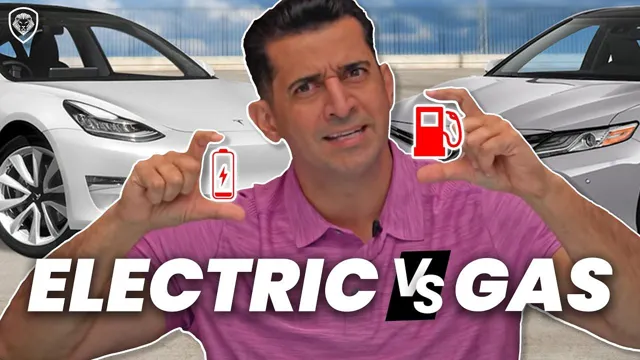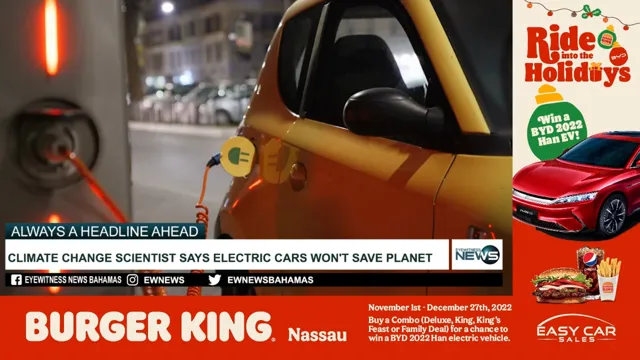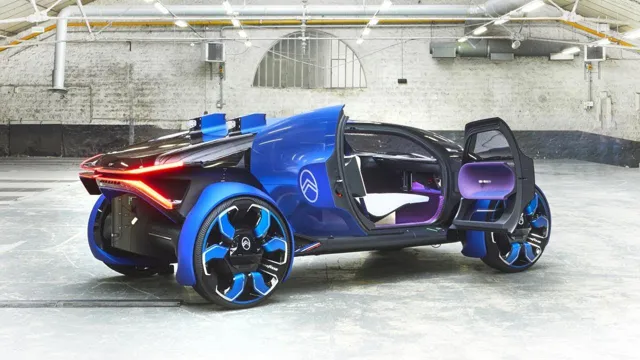Uncovering the Truth: Are Electric Cars Truly Better for the Environment?
Are electric cars the future or is gasoline still king? It’s the debate that has been raging on for years as technology continues to improve and climate change becomes a more pressing issue. While gasoline cars have been the norm for over a century, electric cars have grown in popularity in recent years. Whether you’re a car enthusiast or just someone looking for a new vehicle, it’s important to understand the differences between the two and weigh the pros and cons.
So, let’s explore the world of electric cars vs gasoline cars and see which one comes out on top.
Carbon Emissions:
There has been a lot of debate on whether electric cars are actually better for the planet when it comes to carbon emissions. While it is true that electric cars themselves produce zero emissions, the electricity used to charge them may come from power plants that use fossil fuels. However, studies have shown that even when accounting for this, electric cars still emit less carbon dioxide than traditional gas-powered cars.
Additionally, as more renewable energy sources like solar and wind power are being used to generate the electricity for charging electric cars, their overall carbon footprint continues to decrease. It’s important to note that electric cars are not a perfect solution to reducing carbon emissions, but they do offer a significant improvement over traditional cars.
Electric Cars Emit Less Carbon
Carbon Emissions One of the most significant benefits of electric cars is their lower carbon emissions. In comparison to traditional gasoline-based vehicles, electric cars emit a fraction of the carbon dioxide and other greenhouse gases that contribute to climate change. These emissions come from the burning of fossil fuels, and as electric cars are powered by electricity, they emit far fewer of these pollutants.
Additionally, the electricity used to power electric cars can come from renewable sources, further reducing their carbon footprint. In fact, studies have shown that the lifetime carbon emissions of an electric car are significantly less than that of a typical gasoline car. With the increasing demand for sustainable transportation, electric cars are emerging as an essential part of the solution to combat climate change.
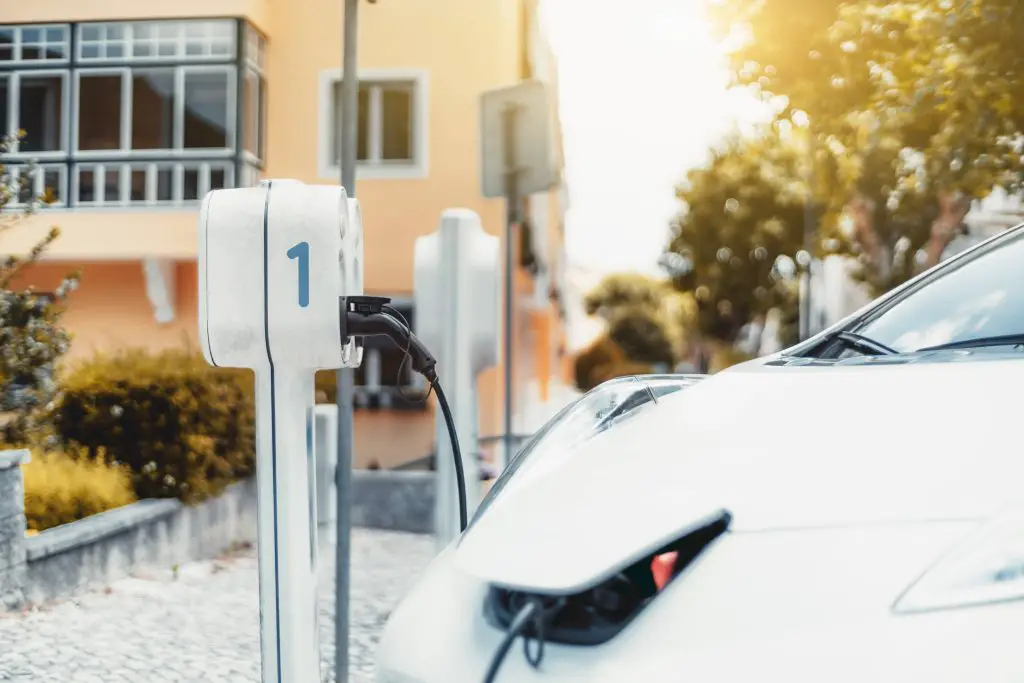
Gasoline Cars Emit More Carbon
Carbon emissions from gasoline cars are a huge contributor to climate change. When we burn fossil fuels like gasoline, carbon dioxide is released into the atmosphere. This gas is a greenhouse gas that traps heat and contributes to global warming.
Unfortunately, gasoline cars emit a lot more carbon than electric cars, even when you factor in the emissions from the electricity used to charge them. This is because electric cars generate power from renewable sources, while gasoline cars rely on non-renewable fossil fuels. In fact, studies have shown that electric cars can emit up to 60% less carbon than gasoline cars.
So, if you are looking for a way to reduce your carbon footprint, switching to an electric car might be a good place to start.
Pollution and Air Quality:
Electric cars have been hailed by many as the solution to pollution caused by traditional gasoline-powered vehicles. However, the question still remains – are electric cars actually better for the planet? The answer is a resounding yes! Electric cars have no tailpipes to emit harmful pollutants, which means zero emissions, is better for air quality and a healthier environment overall. Moreover, utilizing renewable energy resources to power electric cars, like solar and wind power, cuts down on greenhouse gas emissions and reduces reliance on fossil fuels.
While the manufacturing of electric cars may have carbon emissions, the long-term benefits outweigh the short-term drawbacks. By choosing an electric car, you can contribute to a cleaner and healthier planet for future generations.
Electric Cars Produce No Tailpipe Emissions
Electric cars have been gaining more and more popularity in recent years, and for a good reason. Unlike traditional gasoline-fueled cars, electric cars produce no tailpipe emissions. This means that electric cars do not emit any harmful pollutants into the air we breathe.
Traditional cars emit pollutants such as nitrogen oxides, carbon monoxide, and particulate matter, all of which can cause respiratory problems and other health impacts. By driving an electric car, you can do your part in reducing air pollution and improving air quality, which benefits not only our health but also the environment. Additionally, electric cars can also help reduce noise pollution as they are much quieter than traditional cars.
The use of electric cars will only continue to grow, and it’s exciting to think about the positive impact they will have on our environment. So why not consider an electric car for your next vehicle and help contribute to cleaner air for all to enjoy!
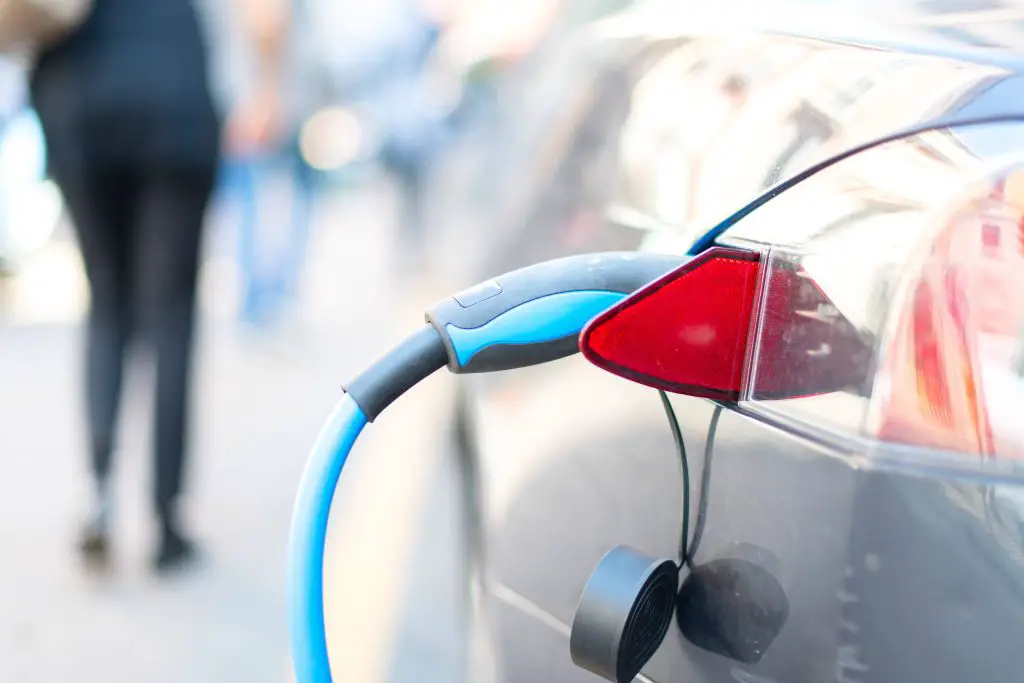
Gasoline Cars Contribute to Air Pollution
Gasoline cars have had a detrimental impact on air quality and contribute to air pollution. The combustion of gasoline produces a number of harmful pollutants, including carbon monoxide, nitrogen oxides, and volatile organic compounds. When these pollutants are released into the air, they react with other pollutants, such as sunlight, to form ground-level ozone.
Ground-level ozone can have serious negative impacts on human health, including respiratory problems, eye irritation, and even premature death. In addition to impacting human health, air pollution from gasoline cars also negatively affects the environment. It causes acid rain, smog, and contributes to climate change.
This is a major concern for public health and the environment, and it’s important that we move towards cleaner energy sources, such as electric cars, to combat this issue. By transitioning away from gasoline cars, we can significantly improve air quality and the health of our planet.
Electric Cars Reduce Overall Air Pollution
Electric cars have emerged as a promising solution to the problem of air pollution. In densely populated areas, traditional cars emit harmful gases and particles into the air, degrading the overall air quality. With the increasing demand for transportation, this problem has only been exacerbated.
That’s where electric cars come in! By running on electricity from batteries rather than burning gasoline and other fossil fuels, they eliminate the harmful emissions generated by traditional cars. This translates into measurable reductions in air pollution overall, which could have major benefits for public health and environmental sustainability. It’s worth noting that while electric cars still generate some emissions from the production of electricity, the overall effect is still significantly better for the environment than using traditional cars.
By adopting electric cars en masse, we could see major improvements in our air quality, making our communities cleaner, safer, and more livable for everyone.
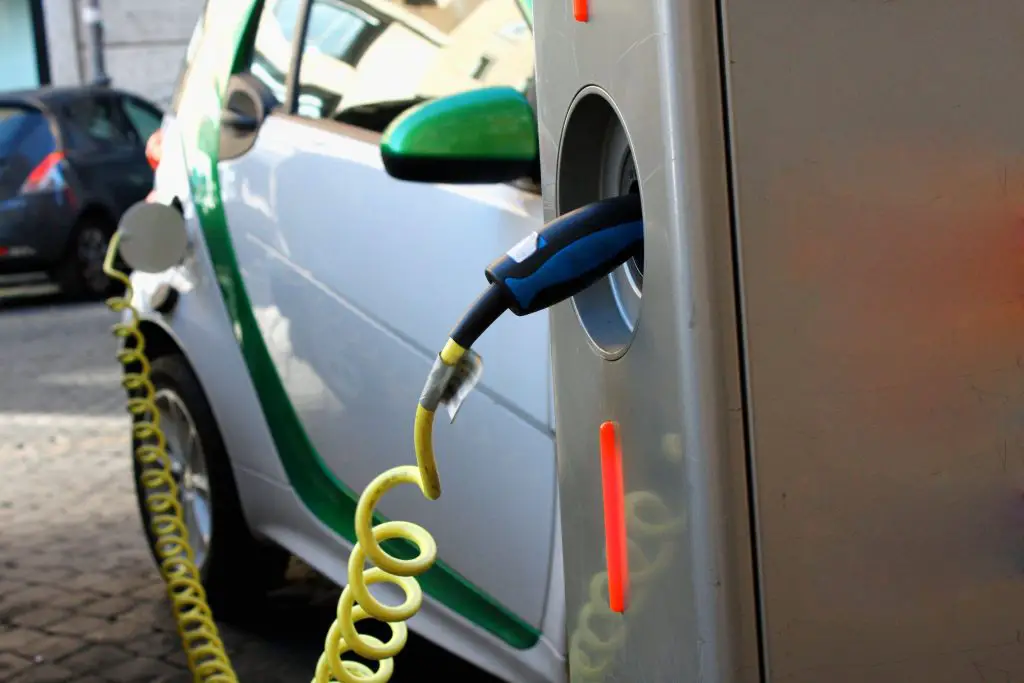
Energy Efficiency:
Electric cars are often touted as the solution to our planet’s environmental woes. However, some people wonder if they are actually better for the planet. The answer is a bit complex.
Electric cars are indeed more energy-efficient and emit fewer pollutants than gas-powered cars. However, the production of electric cars requires the mining of raw materials, which can have negative environmental impacts. Additionally, the electricity used to charge electric cars may come from non-renewable energy sources like coal.
In order for electric cars to truly be better for the planet, they need to be powered by renewable energy sources like solar or wind power. Overall, electric cars have the potential to significantly reduce carbon emissions, but it’s important to consider the environmental impact of their production and the source of their energy.
Electric Cars Are More Energy Efficient than Gasoline Cars
When it comes to energy efficiency, electric cars are the clear winner over gasoline cars. In fact, electric cars are roughly three times more efficient at converting energy into motion compared to gasoline cars. This is because electric cars use battery-powered electric motors, instead of the internal combustion engines used by gasoline cars, which rely on an inefficient combustion process to produce energy.
Additionally, electric cars can often recover energy that is lost during braking through regenerative braking systems, which help to recharge the battery while simultaneously slowing down the vehicle. Overall, electric cars use less energy to travel the same distance as a gasoline car, making them a more environmentally friendly and cost-effective choice for transportation. With the increasing popularity of electric cars and the continued development of renewable energy sources, we are moving towards a cleaner and more sustainable future.
Reducing Fossil Fuel Dependence With Electric Cars
Electric cars are an energy-efficient solution to reduce our dependence on fossil fuels. These vehicles are powered by electric motors and rechargeable batteries, which don’t emit harmful pollutants or greenhouse gases that contribute to climate change. Compared to traditional gasoline-powered cars, electric cars have a higher fuel economy, meaning they can travel more miles per unit of energy.
Additionally, electric vehicles capture and reuse energy that is typically lost during braking, further increasing their efficiency. By adopting electric cars, we can reduce our reliance on non-renewable resources and move towards a more sustainable future. Plus, with advancements in technology, electric cars are becoming more affordable and accessible to the average consumer, making it easier for everyone to make the switch and contribute to a cleaner planet.
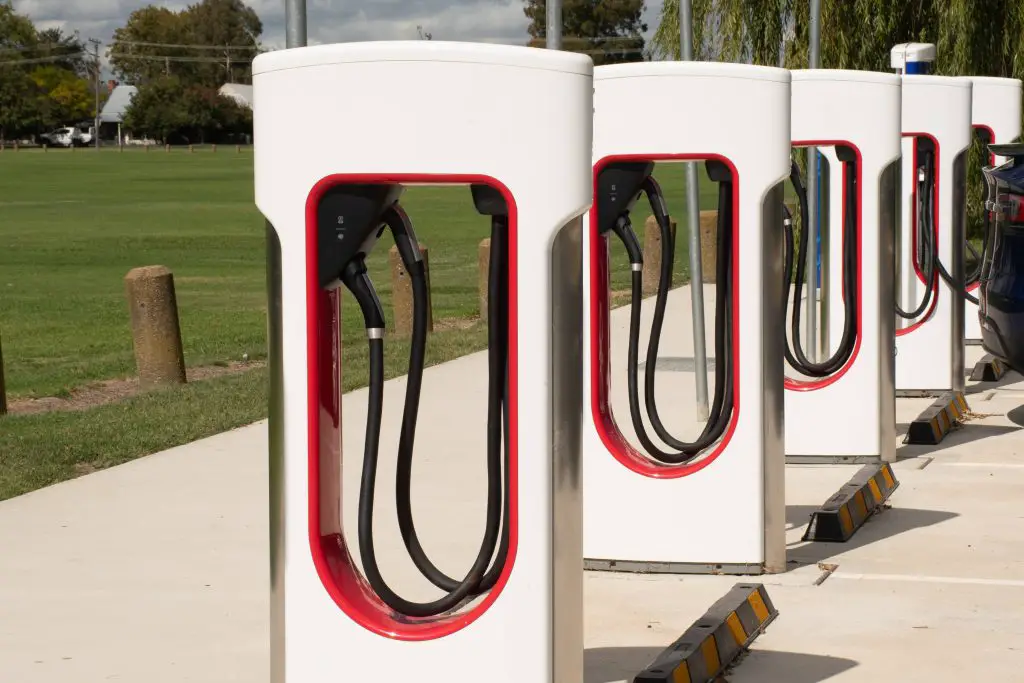
Conclusion: Electric Cars are Better for the Planet
In conclusion, the debate over whether electric cars are truly better for the planet is complex and multifaceted. While they do offer some significant advantages over traditional gas-guzzlers, such as reduced emissions and improved fuel efficiency, there are still challenges to be overcome. For example, the production and disposal of batteries and other components can have significant environmental impacts.
Ultimately, the answer to this question depends on a variety of factors, including individual driving habits, local infrastructure, and energy sources. Regardless of the ultimate verdict, however, one thing is clear: the transition to electric vehicles represents a crucial step towards a more sustainable future for our planet. So whether you’re an eco-conscious consumer or simply looking to save the planet one mile at a time, it’s clear that electric cars are a smart choice for anyone who cares about our environment.
FAQs
How do electric cars help in reducing carbon emissions?
Electric cars produce zero emissions at the tailpipe and emit fewer greenhouse gases during their lifecycle compared to gasoline-powered cars.
Are electric cars more expensive than traditional cars?
Electric cars can be more expensive upfront, but they often have lower operating costs and can have longer lifespan than traditional cars.
Can electric cars run on renewable energy sources?
Yes, electric cars can run on renewable energy sources such as wind and solar power, which can further reduce their carbon footprint.
What are the maintenance requirements for an electric car?
Electric cars have fewer moving parts and require less frequent maintenance than traditional cars, but it is important to follow manufacturer’s recommendations for battery maintenance and charging.


